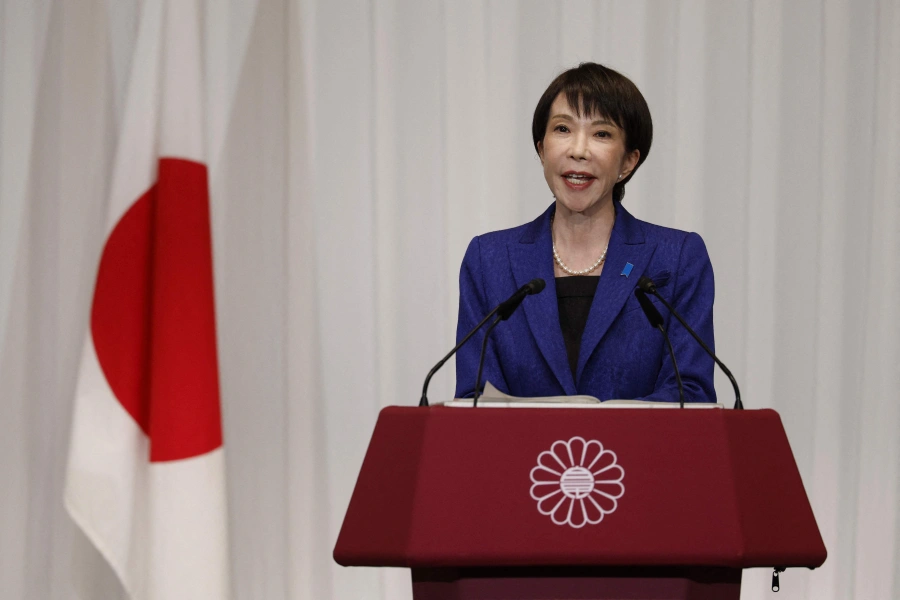UNIVERSAL JURISDICTION VS IMPUNITY
The debate on the merits and demerits of universal jurisdiction might be endless, but what is clear is that in this case, the sovereignty argument cannot go far. Under international law, a state has become capable, since the Second World War, of exercising jurisdiction not only on the basis of territory (i.e., within the territory of the state) and nationality (i.e. in cases of its nationals) but also on the basis of protective grounds (i.e. in cases of breach of such international legal obligations as are considered to be owed by a state to the international community). In other words, there are a few special obligations, generally known as obligations erga omnes in international law, that are owed by a state to the international community as a whole, and not merely to its citizens or any state in particular. Prevention and punishment of war crime is one such erga omnes obligation of a state.
On the basis of this clear international legal principle, the British law provides for protective jurisdiction, or “universal jurisdiction” as it is widely known today. In addition, Colonel Lama is not the first person to have been arrested according to this “universal jurisdiction”. A former president of a country, chief of staff of a national army, and a number of other officials have been arrested and tried before national courts exercising universal jurisdiction. Apart from the UK, Belgium, Denmark, France, and a number of other European countries have exercised protective jurisdiction in recent years. Thus, a dismissal of universal jurisdiction will lead nowhere in Colonel Lama’s case. Instead, a careful analysis of legal principles and rules that are operative in this case is essential. Following is a law that is relevant to the discussion.
QUESTION OF Immunity
As confirmed by the International Court of Justice in Arrest Warrant Case (Democratic Republic of Congo v. Belgium), and Certain Criminal Proceedings in France Case (Democratic Republic of Congo v. France, Provisional Measure), “universal jurisdiction” also has its limits. Universal jurisdiction does not automatically mean jurisdiction in all disputes. In the cases of Pinochet (decided by the British House of Lords), Arrest Warrant Case, and Certain Criminal Proceedings in France Case, the respective courts dealt with the question of immunity of the concerned individual (a former President in the case of Pinochet, an incumbent foreign minister—when the arrest warrant was issued—in the Arrest Warrant Case, and the sitting President in the Certain Criminal Proceedings in France Case PM Case). In all decisions, the courts agreed that universal jurisdiction does not exclude immunity accorded to an individual under international law. The ICJ summarized its opinion in Arrest Warrant Case, when it stated “jurisdiction does not imply absence of immunity, while absence of immunity does not imply jurisdiction.” (para 59)
This brings us to the question, does Colonel Lama enjoy any immunity which can override universal jurisdiction? As a matter of fact, he does. According to Article VI, section 22 (a) of the United Nations Convention on the Privileges and Immunities of the United Nations (CPIUN), Colonel Lama enjoys immunity from personal arrest or detention because of his status as an “expert on mission for the UN”. All UN peacekeeping personnel enjoy immunity from personal arrest or detention, seizure of baggage, inviolability of their documents, etc according to the CPIUN. Colonel Lama, at the time of his arrest, was and still is a member of a UN peace keeping mission. Even though he was in London, he still had his status as a member of the UN peace keeping mission and a beneficiary under the CPIUN as his mission in South Sudan was still active. Alternatively, it can also be argued that his presence in London falls under the time spent on journeys in connection with his mission. The language of section 22 of the CPIUN states:
“Experts performing missions for the United Nations shall be accorded such privileges and immunities as are necessary for the independent exercise of their functions during the period of their missions, including the time spent on journeys in connection with their missions.”
Colonel Lama’s immunity under international law can only be waived if the Secretary General of the United Nations decides to do so. Until that moment, Colonel Lama has immunity from criminal proceedings in the UK, even under the ‘universal jurisdiction’ of British courts.
Be that as it may, the government of Nepal should also use this occasion to do some soul searching. Colonel Lama was found to have tortured a person, and that a District Court had ordered the government to compensate the victim and take departmental action against Colonel Lama. And yet the government chose to do nothing, indicating its unwillingness and incapacity to prosecute people accused of serious violations of international humanitarian laws. This is a grave failure which has allowed an easy invocation of universal jurisdiction by a foreign country. Had the government been willing and capable of exercising jurisdiction in such cases, this would not have happened. It should be remembered that exercising preventive jurisdiction is only possible when the state to which the accused belongs is either unwilling or incapable of exercising jurisdiction itself.
At this point, I would like to record my sincere acknowledgment of the rights of the victims, and the physical and psychological pain that they are going through. It is ironic that a person accused of abuse has gained such national attention, whereas victims seem to have lost their voices. I hope this incident will be a lesson to the government to do something about impunity in the country, if not for the victims then at least for the sake of its prized ‘sovereignty’!
Author teaches International and Comparative law in Chakrabarti Habi Law College
aporba@hotmail.com
Ex-ambassador Simkhada’s book on human rights unveiled




































